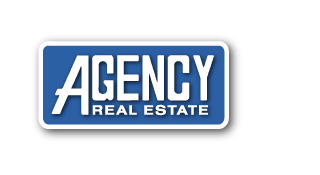#9 Closing on Your New Home
The day has arrived for the final step in buying your home—the closing. The closing, also known as the settlement or escrow, in simplest terms is when money is taken in from the buyer and paid out to the seller. Ownership is transferred to you. The closing can take place in person or by mail and is handled by the real estate company or a title company.
You may be entitled to perform a walk-though of your home prior to the closing, depending in what state you reside. You should not close unless all of the items that have been agreed upon are completed and you are entirely satisfied.
The paperwork, which by this time has been formally reviewed by all involved parties—the buyers and sellers, agents, lenders, attorneys and title companies—details specifics of the sales agreement. In addition the paperwork enables all parties to verify their interests in the transaction.
The closing agent will review the settlement sheet with you after which both you and the seller will sign it. The settlement details the payments and credits that are due to the seller and the payments and dollar amounts due from the buyer. Particulars include transaction costs such as title and tax searches, and adjustments, if applicable, such as prepaid taxes.
After you sign the loan documents, you will need to show evidence of insurance and inspections, if you have not already submitted these to the lender.
You will then submit your payment. If you have a mortgage, and your lender is paying your property taxes and homeowner's insurance on your behalf, an escrow account, or reserve, will be opened for you.
After the closing, the buyer's title and mortgage liens are legally recorded in your local municipalities by the closing agent. Once the transaction is recorded, which can sometimes take a few days, funds are disbursed to the seller, real estate agents and the lender, if applicable. Once the deed is recorded, you are the legal owner of your new home. Congratulations!

